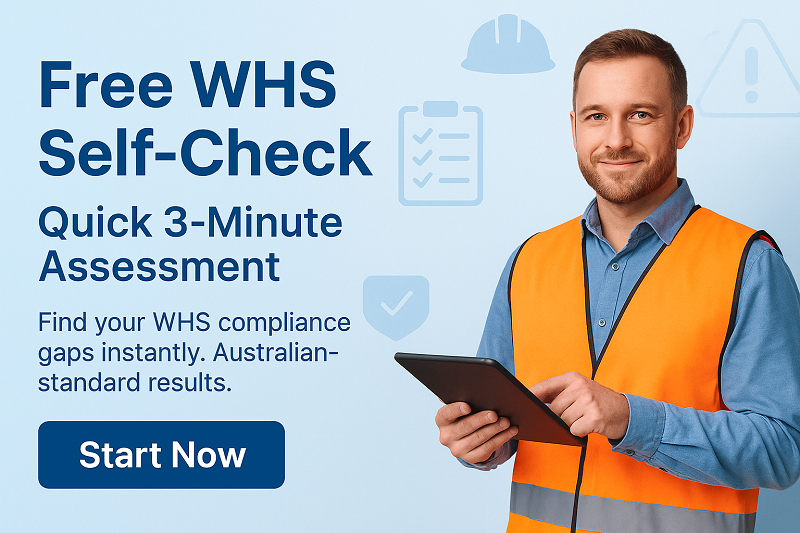Ensure your workplace remains safe and compliant with our versatile risk assessment templates, designed to meet Australia’s Work Health and Safety (WHS) standards. These professionally crafted documents follow a consistent, structured approach that can be adapted for any industry or task.
Key Features:
• Uniform Structure: Each template includes clearly defined sections for job steps, potential hazards, risk matrices, control measures, and emergency procedures.
• Comprehensive Hazard Identification: Systematically record foreseeable hazards at every stage of your work process—from preparation and equipment checks to final debriefing.
• Customisable Details: Easily insert your organisation’s information, project specifics, and relevant legislative references, ensuring the document meets your unique operational needs.
• Regulatory Compliance: Built to align with Australia’s WHS legislation and Codes of Practice, these templates include guidance notes and reference links to help you stay compliant.
• Emergency Preparedness & Documentation: Integrated sections for emergency response planning and thorough documentation review ensure all critical safety information is captured and easily accessible.
Whether you’re managing a construction site, operating machinery, or overseeing any other workplace activity, our generic risk assessment templates provide a robust framework for identifying risks, implementing effective control measures, and maintaining a safe working environment. Download today to streamline your risk management processes and promote a culture of safety in your organisation.


